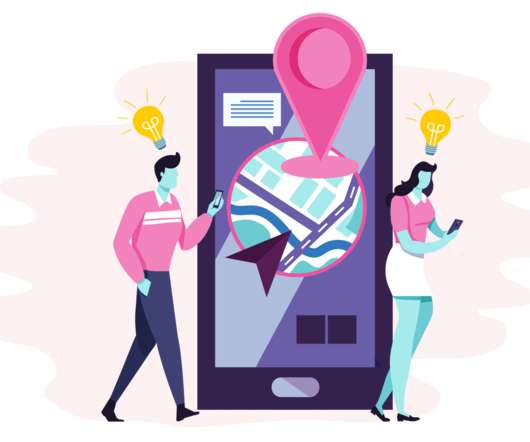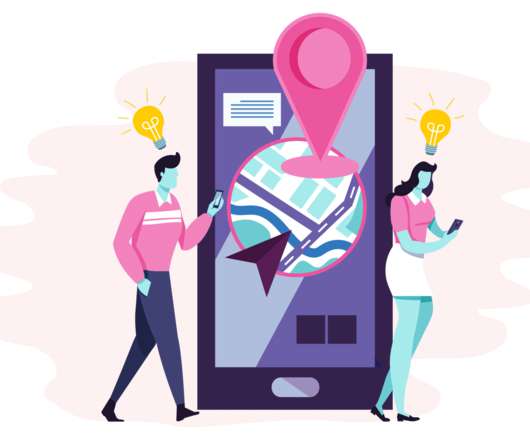The Power of Your Network | Social Learning Blog
Dashe & Thomson
FEBRUARY 9, 2011
From the business perspective, however, networking isn’t only helpful, it is mandatory. Business networking not only brings new business and new talent, but it supports collaboration – whether it’s collaborating with internal team members or making connections outside of the organization. So big deal, you say.


























Let's personalize your content